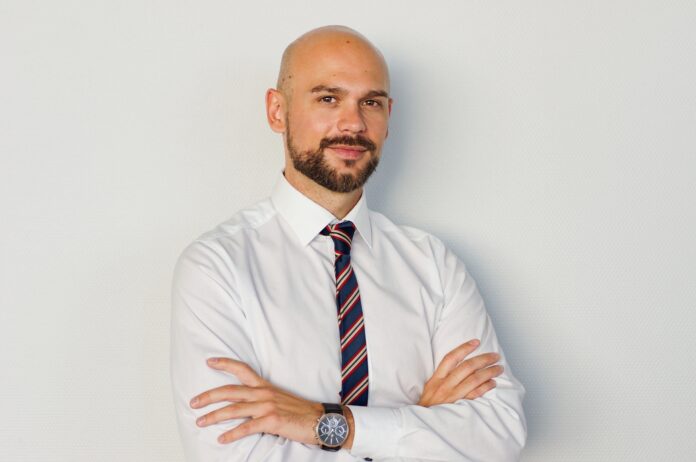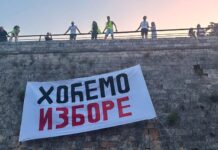OVER SMALL LOCAL WINS TO BIG VICTORIES FOR THE BETTERMENT OF THE SOCIETY IN BIH
If young people asked themselves “what if I were someone” and at the same time had a clear vision of the community in which they want to live, and then took small steps towards achieving their goals, there would certainly be many positive changes. The best proof of this are the young people, who, with very few resources, have launched important initiatives, actions and projects. Saving rivers and protecting the environment, peace activism, socially engaged journalism, preventing violations of human rights of minorities are just some of the victories for which Bosnian and Herzegovinian activists are responsible.
by Mirnes Bakija
Azra Berbic, a human rights activist, says the activist community has made many positive changes in Bosnian society in recent years. They were involved in amending the laws and practices of institutions that were discriminatory and that discouraged people.
“I always like to mention that the most important thing is to improve the quality of life for the average person. It doesn’t matter if we’re working for a small community, an entire country, or a disenfranchised individual, it’s all for the common good,” she adds.
Berbic says that citizens should know that those we elect to perform public functions must represent our interests.
“Activism is important because it points out all the faults and flaws of the system, but also offers solutions that will contribute to building a better society. To change what is unfair is our goal,” emphasizes Berbic.
This activist draws particular attention to the project “Love Stories”, which aimed to document stories of successful romantic relationships of people of different ethnicity in Bosnia and Herzegovina. The project was implemented in cooperation with several young journalists, with the support of the Center for Post-Conflict Research.
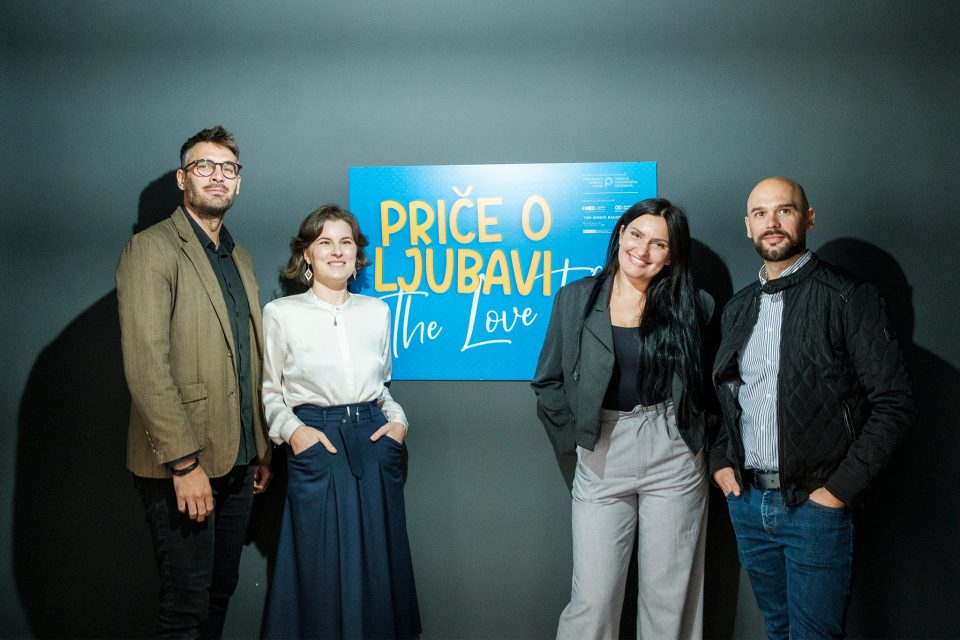
“It is extremely important to me that I was a part of this project, and our goal was to point out the real state of life of multiethnic communities in BiH. Through the stories, we have shown what challenges these couples face and that society is still living through post-war trauma, from which political elites profit. In spite of all the circumstances, it was shown that it is possible to maintain such relationships. Our country has always been known for respecting diversity, and interethnic communities are the best proof and guardian of this,” concludes Berbic.
Years-long battle saves the rivers in BiH
Lejla Kusturica, an activist and the director of the “Atelier for Social Change – ACT” Foundation, says that we live in a society whose citizens often do not believe they can achieve positive change.
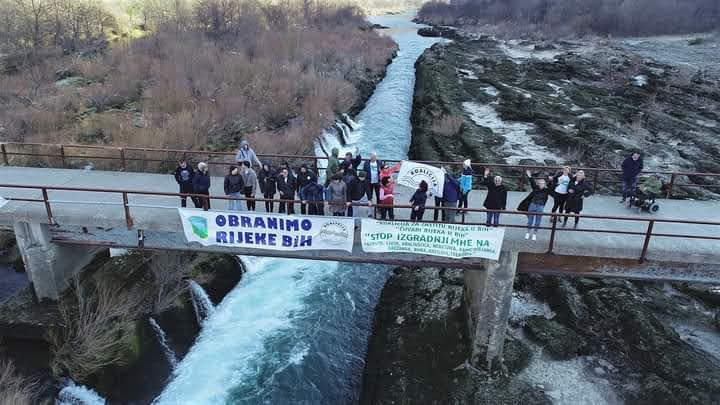
“Corruption and nepotism have made us believe that we cannot move forward. In such circumstances, activist engagement in various fields increases in weight and significance. People who come together, set big goals and work hard to achieve them, are the shining lights in our society,” Kusturica said.
She says that in the midst of the fight to save Bosnia and Herzegovina’s rivers, she had the opportunity to meet hundreds of brave, persistent activists throughout Bosnia and Herzegovina. What they do and achieve, as Kusturica explains, can and should be an inspiration to all other members of our society.
The pinnacle of the years-long battles to save the rivers, which were fought in all parts of the country, came in July 2022 with the adoption of the law banning the planning and construction of new small hydropower plants in the Federation of BiH.
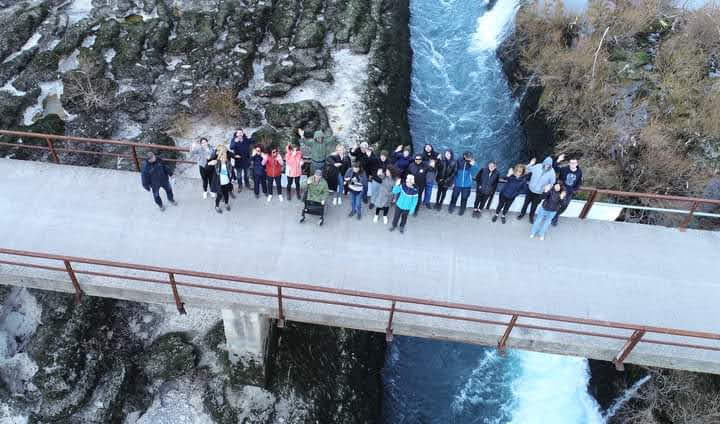
“Imagine, in Bosnia and Herzegovina, a country known for its arrogant political elites, the people forced political representatives to adopt such a law. Almost unanimously. Rivers know no borders and they have united us. United, we stood on the banks of rivers in Foca, Jablanica, Mostar, Visegrad, Kakanj, Fojnica, Konjic, Vitez and many other places,” Kusturica proudly says.
In activism, she points out, the most important thing is not to lose faith that things can and must be better, and even when initially there are no results, you should never give up.
“What gives me strength are ordinary people, and success is when people come closer together and unite even more strongly. I live with the hope that one day we will all live with dignity and in unity, both in BiH and in the region. That’s what I’m fighting for,” Kusturica concludes.
Establishing lasting peace in BiH is a priority

Branko Culibrk, activist and director of the Youth Center KVART from Prijedor, which has been devoted to peace activism for many years, points out in conversation that the establishment of lasting peace in society in BiH is a priority.
“When you realize how much disruption is caused by politics on a daily basis, through information manipulation and re-traumatization, you realize that the struggle of peace activists is not even close to over. When we are fully confronted with the truth, painful and terrible experiences, only then will we grow as a society. I believe that we are brave and persistent enough to see this process to the end, because only then can we address issues of social justice,” Culibrk explains.
For him, activism is learning through experiences, but also represents resistance to all phenomena that do not guarantee justice, equality, peace, nonviolence and antifascism.
He says that our society is full of injustices and inequality, and the fostering of empathy and understanding of the needs of others is lacking, especially with regard to the marginalized and disenfranchised.
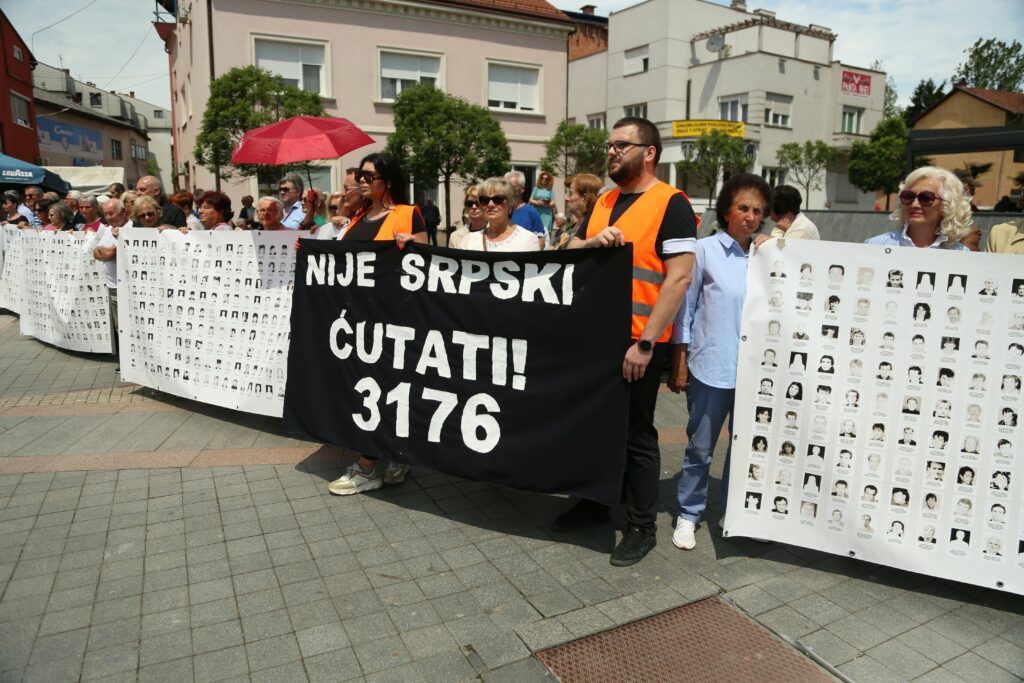
“Civic activism is something that frightens our politicians and institutions, and the current political situation is such that a system of control over citizens is being established in every possible way. That is why we need to be louder and act to change this society for the better,” Culibrk concludes.
Journalism and literature as the instigators of positive change
Journalist and activist Vanja Sunjic says that for her, activism is a natural need to take the side of the weak and oppressed. She points out how important it is to respond to injustice, regardless of whether it is ourselves, our neighbors or people we do not know who are endangered.
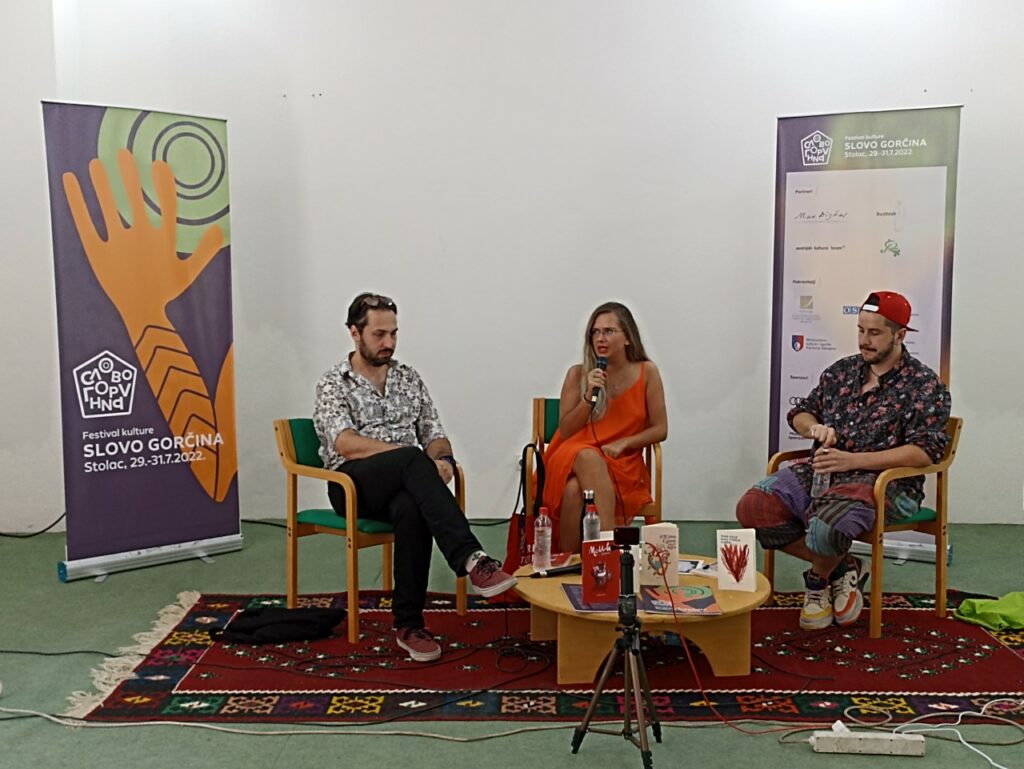
“The problem of the activist scene in BiH is that we have some large organizations and ‘project’ activism in which a lot of foreign funds have been invested, but the best and most important things have actually been done by small movements and informal groups. Also, an impediment is that there is a selectivity and lack of solidarity implying that we only stand up for rights that concern us personally,” Sunjic explains.
She says there have been many positive changes that activists succeeded in achieving. Especially important to her is queer and environmental activism, which she feels are issues that can unite the activist community. For this reason, together with several colleagues, she started the Literary Cooperative, a literary queer collective, which aims to publish socially engaged literature that young people write for young people.
“In addition to literature, journalism can and must be a driver of good change. However, most of the media today serves to overwhelm the citizens with bad and upsetting news, while the good things that restore hope in humankind, go unnoticed,” said Sunjic.
She explains that many of her colleagues are honorably performing their role as journalists, with the interests of society in mind, working to protect human rights and opposing every form of discrimination and stereotypes.
“Unfortunately, the problem is that such content often cannot reach the public as a result of the enormous focus on tabloid content and sensationalist headings,” concludes Sunjic.
‘The pinnacle of my activist engagement is the organization of the BH Pride March’
Activist and director of the Tuzla Open Center, Dina Bajraktarevic, says that she has always had the need to fight for justice.
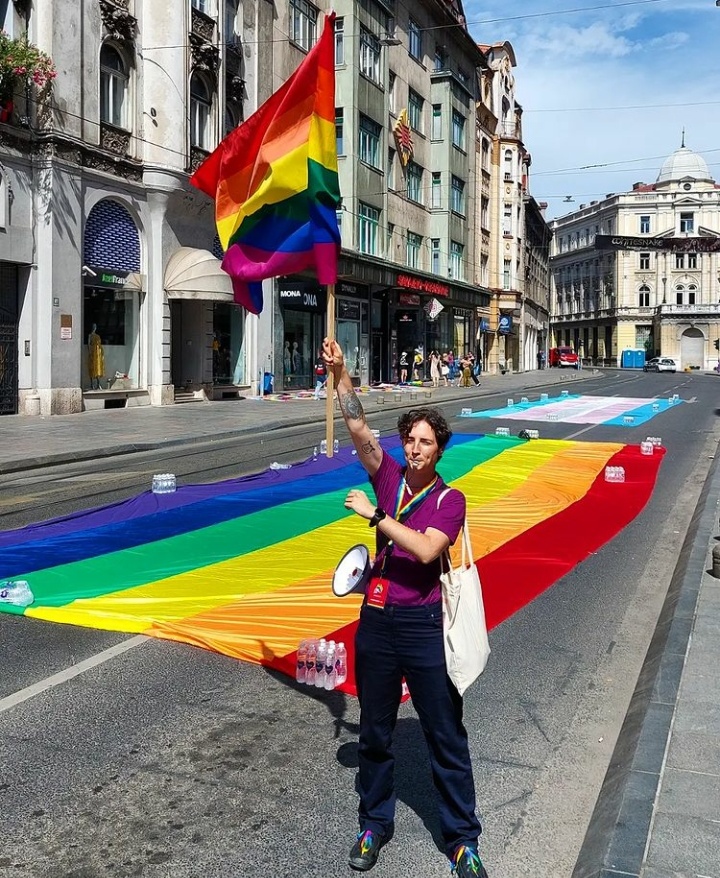
“Activism gives hope and plays a key role in eliminating the many social injustices we all face. I think very few people in BiH are satisfied with the current situation. We need activism as a tool to turn the country into one where we will have democracy and equality for everyone,” Bajraktarevic said.
She says that the activist community has affected many changes in our country. They have helped improve the lives of people with disabilities, Roma, LGBTI people, women, and provided support during the migrant crisis and to returnees.
“I definitely think that the ‘pinnacle’ of my activist engagement has been the organization of Pride marches in BiH. Unfortunately, these protest marches are still characterized as high-risk gatherings, a fact that reveals and increases the visibility of the problems faced by LGBTI persons in our country. It’s important to me both personally and professionally. And I feel the changes increasing with each passing year,” concludes Bajraktarevic.
Activists, their daily struggles with the unjust system in which we live, show us how by coming together and getting involved it is possible to achieve changes in society. Although there are seemingly no major changes, the results of many activities indicate that there is hope for this society. By involving young people, whether in a small-scale action or larger projects, it is possible to attain a better, fairer, and also more harmonious society.




